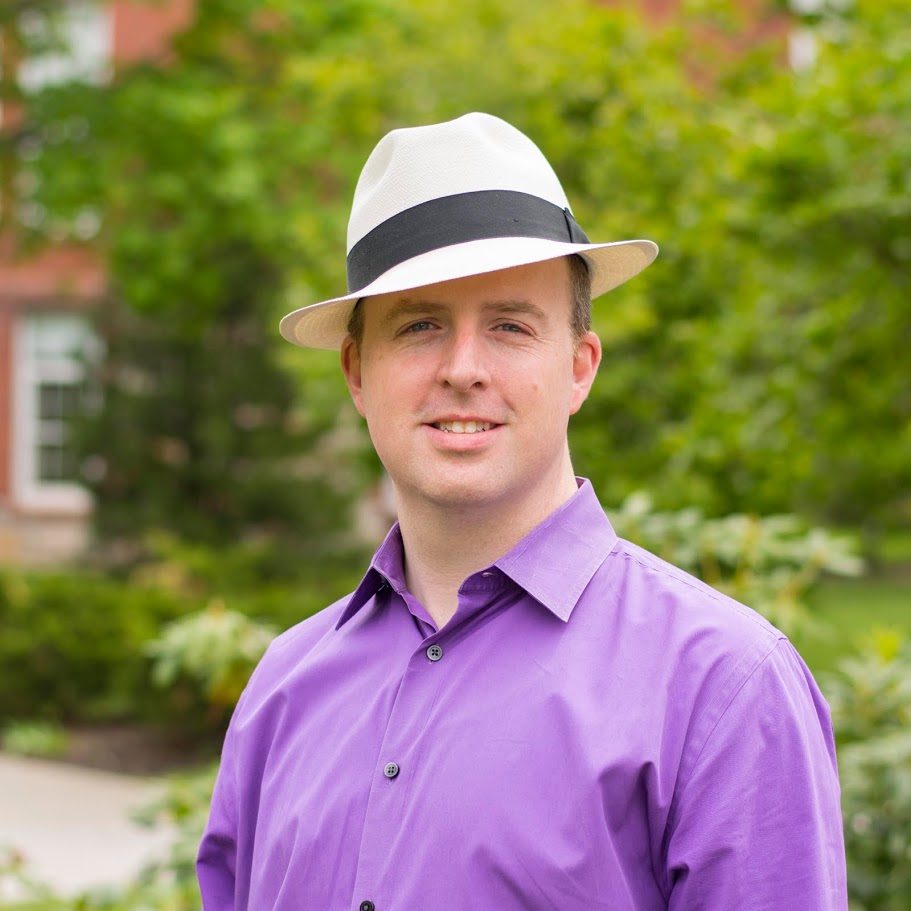This morning I attended the one of the morning Coffee Concerts series at this year's GALA Festival. This is where some of the bigger choruses get to perform and often these concerts are larger (1 hr vs 20-30 mins) and more thematic. Last time notable entries were the Gay Men's Chorus of Washington DC's "Alexander's House" and Heartland Men's Chorus' "It Gets Better". This year so far it has been Atlanta GMC's "When I Was Your Age".
With "When I Was Your Age" the story it told was about the complicated relationships that gay men have with their fathers. "Alexander's House" chronicled the life of a man who got married, had a kid, and finally couldn't hide who he was any longer so he came out. Unfortunately, in doing so he lost all contact with his son. The story begins after his death and deals with how his partner and friends end up meeting and getting to know the estranged son. "It Gets Better" is about the crisis of suicide among LGBT youth and tells the stories of those that survived what life had to throw at them and lived to tell today's youth that "it gets better" and to hold on a little bit longer.
At the coffee concerts (and really across many of the concerts) it's simply a given that you'll be in tears. It struck me that these concerts often speak to the collective history of the LGBT community, as well as present day issues.
That's quite a juxtaposition when you actually think about it. When we listen to our stories as a community, we expect to cry. Yes, there are some laughs, some smiles, but inevitably we will be feeling the familiar sensation of tears slowly running down the sides of our face. Sometimes it's a quite cry and sometimes it's a complete sobbing breakdown.
It's a heavy thing to realize that such a large part of the shared identity of the LGBT community is loss, abuse, and being excluded from the communities we grew up with. I think it can be a catharsis to be involved in something like GALA where we are surrounded by so many people who have been through this and survived. In telling our stories we can see that in spite of it all, many of us, once we found our new communities, our new families, not only survived, but thrived.
Part of the tears we shed are letting go of the feelings we've held inside for so long, that we weren't allowed to show. We get to allow ourselves the vulnerability to process emotions that we've hidden away for months, years, or decades. Part of the tears we shed are also a celebration of the hope we have on the future, whether it is our own or those that follow the path behind us. Knowing that as bad as we had it, the next generation might not have it as bad.
And so we cry out loud. We will no longer keep it inside, and we'll learn to share our feelings.
With "When I Was Your Age" the story it told was about the complicated relationships that gay men have with their fathers. "Alexander's House" chronicled the life of a man who got married, had a kid, and finally couldn't hide who he was any longer so he came out. Unfortunately, in doing so he lost all contact with his son. The story begins after his death and deals with how his partner and friends end up meeting and getting to know the estranged son. "It Gets Better" is about the crisis of suicide among LGBT youth and tells the stories of those that survived what life had to throw at them and lived to tell today's youth that "it gets better" and to hold on a little bit longer.
At the coffee concerts (and really across many of the concerts) it's simply a given that you'll be in tears. It struck me that these concerts often speak to the collective history of the LGBT community, as well as present day issues.
That's quite a juxtaposition when you actually think about it. When we listen to our stories as a community, we expect to cry. Yes, there are some laughs, some smiles, but inevitably we will be feeling the familiar sensation of tears slowly running down the sides of our face. Sometimes it's a quite cry and sometimes it's a complete sobbing breakdown.
It's a heavy thing to realize that such a large part of the shared identity of the LGBT community is loss, abuse, and being excluded from the communities we grew up with. I think it can be a catharsis to be involved in something like GALA where we are surrounded by so many people who have been through this and survived. In telling our stories we can see that in spite of it all, many of us, once we found our new communities, our new families, not only survived, but thrived.
Part of the tears we shed are letting go of the feelings we've held inside for so long, that we weren't allowed to show. We get to allow ourselves the vulnerability to process emotions that we've hidden away for months, years, or decades. Part of the tears we shed are also a celebration of the hope we have on the future, whether it is our own or those that follow the path behind us. Knowing that as bad as we had it, the next generation might not have it as bad.
And so we cry out loud. We will no longer keep it inside, and we'll learn to share our feelings.




